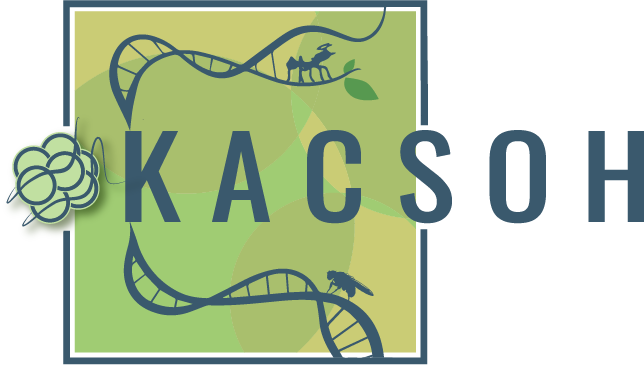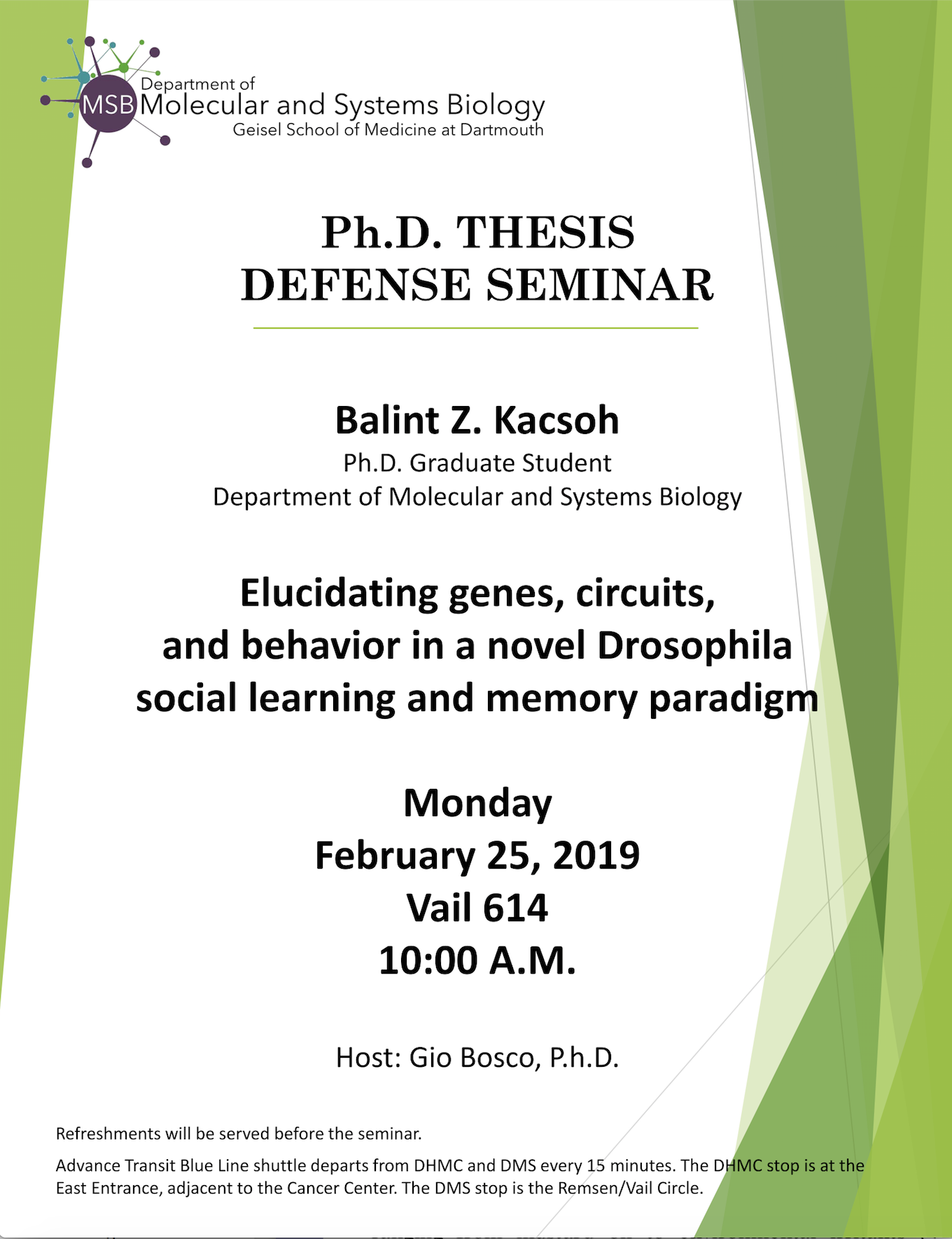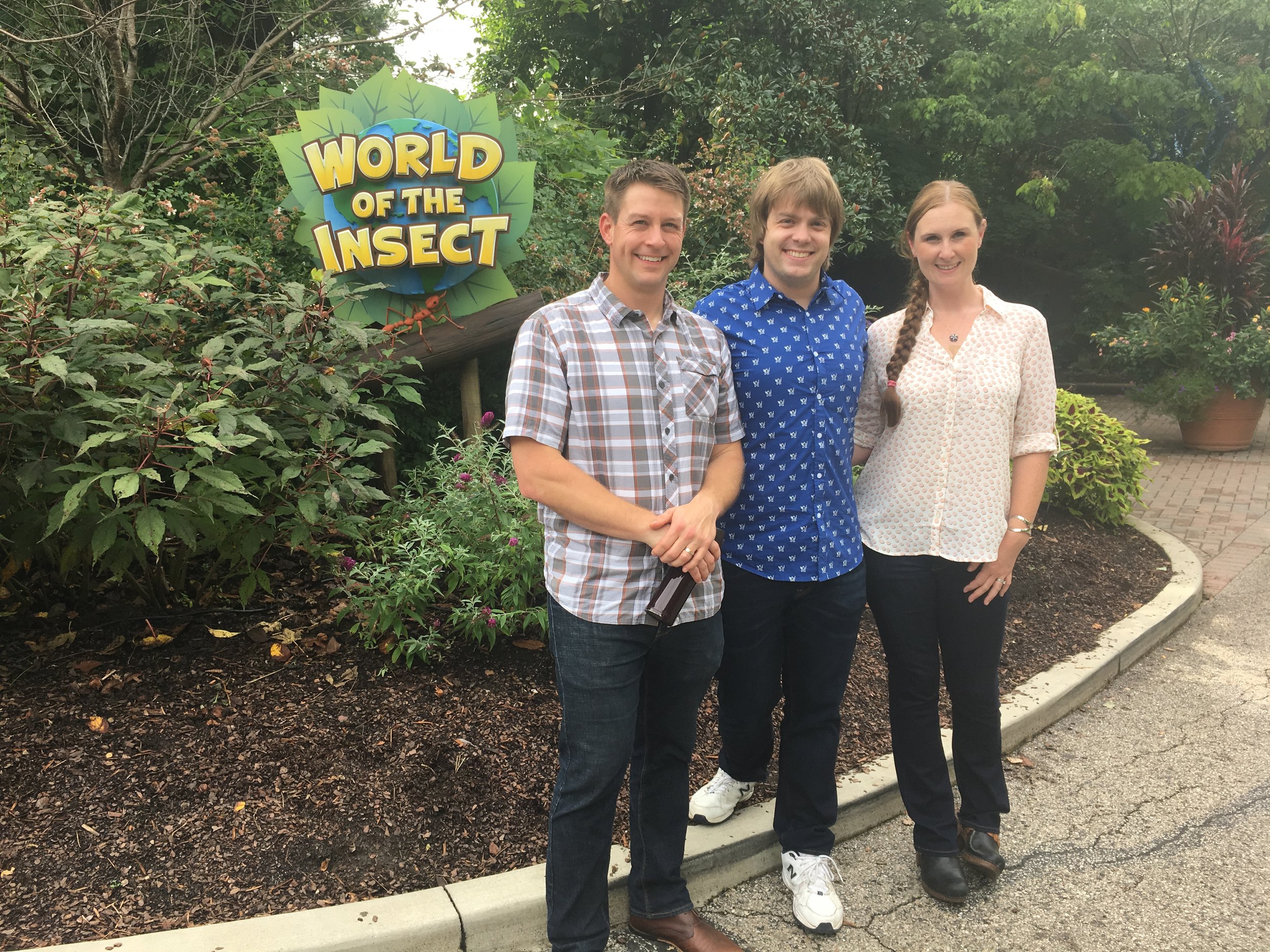Balint presents his work on dialect learning at the 60th Annual Drosophila Research Conference, Dallas, TX
Balint successfully defends his thesis
A huge thank you to my PI, Giovanni Bosco, and my committee—Dr. Michael Hoppa, Dr. Byran Luikart, and Dr. Claude Desplan!
Balint's Thesis Defense is set!
For those in the Dartmouth community, please consider coming!
Balint receives the DeLill Nasser Award for Professional Development in Genetics
Balint receives the DeLill Nasser Award for Professional Development in Genetics
Check out the press release here
Our CAFA paper is featured on the G3 homepage!
Abstract
A major bottleneck to our understanding of the genetic and molecular foundation of life lies in the ability to assign function to a gene and, subsequently, a protein. Traditional molecular and genetic experiments can provide the most reliable forms of identification, but are generally low-throughput, making such discovery and assignment a daunting task. The bottleneck has led to an increasing role for computational approaches. The Critical Assessment of Functional Annotation (CAFA) effort seeks to measure the performance of computational methods. In CAFA3, we performed selected screens, including an effort focused on long-term memory. We used homology and previous CAFA predictions to identify 29 key Drosophila genes, which we tested via a long-term memory screen. We identify 11 novel genes that are involved in long-term memory formation and show a high level of connectivity with previously identified learning and memory genes. Our study provides first higher-order behavioral assay and organism screen used for CAFA assessments and revealed previously uncharacterized roles of multiple genes as possible regulators of neuronal plasticity at the boundary of information acquisition and memory formation.
paper link
Our lastest manuscript is live! "Neural circuitry of dialects through social learning in Drosophila." on bioRxiv
Paper available here
Abstract
Drosophila species communicate the presence of parasitoid wasps to naïve individuals. This observation suggests a rudimentary Drosophila social structure. Communication between closely related species is efficient, while more distantly related species exhibit a dampened, partial communication. Partial communication between some species is enhanced following a period of cohabitation, suggesting that species-specific variations in communication "dialects" can be learned through social interactions. However, it remains unclear as to how the behavioral acquisition and how learning dialects is facilitated by distinct brain regions. In this study, we have identified six regions of the Drosophila brain essential for dialect learning, including the odorant receptor Or69a. Furthermore, we pinpoint subgroups of neurons such as motion detecting neurons in the optic lobe, layer 5 of the fan-shaped body, and the D glomerulus in the antennal lobe, where activation of each are necessary for dialect learning. These results demonstrate that Drosophila can display complex social behaviors with inputs to multiple regions of the Drosophila brain and unique subsets of neurons that must integrate olfactory, visual and motion cues
Our p̶r̶e̶p̶r̶i̶n̶t̶ paper is l̶i̶v̶e̶ published! "New Drosophila Long-Term Memory Genes Revealed by Assessing Computational Function Prediction Methods" out now at G3
Our p̶r̶e̶p̶r̶i̶n̶t̶ paper is l̶i̶v̶e̶ published! "New Drosophila Long-Term Memory Genes Revealed by Assessing Computational Function Prediction Methods" out now at G3. We utilized a bioinformatic gene prediction approach in order to elucidate novel Drosophila learning and memory genes.
http://www.g3journal.org/content/early/2018/11/21/g3.118.200867
Balint is invited to give a seminar at University of Cincinnati!
Big thank you to Dr. Josh Benoit (http://insectphysiology.uc.edu/index.html) for inviting us!
Our recent publication makes the PLOS Genetics Cover!
Press from Kacsoh et al, 2018 in PlosGenetics
our paper featured on the PlosGenetics homepage
Perspective article on our publication
"Maybe the “lowly” fruit fly, when studied closer to its natural environment, can teach us all something about the benefits of multiculturalism, namely, that by communicating with one another and working together, we can create a more productive and safe society. "
J. Robert Manak
PlosGenetics, 7/19/18
Dartmouth Researchers Discover That Fruit Fly Species Use Social Learning to Protect Offspring
Geisel School of Medicine at Dartmouth
Timothy Dean, 7/24/18
Fruit fly species can learn each other's dialects
Public Library of Science, 7/19/18
Fruit fly species can learn each other's dialects
Science Daily, 7/19/18
Science: Fruit fly species can learn each other’s dialects [Report]
Brinkwire, 7/19/18
Fruit fly species can be taught one another’s dialects
Today, 7/20/18
Research: Communal living improves interspecies communication between fruit flies
James M. Patterson, 7/19/18
Fruit flies warn other species about wasp danger
Tanya Loos, 7/23/18




















